Bank of Canada Rate Announcement Dec 5th, 2018
The Bank of Canada today maintained its target for the overnight rate at 1 ¾ per cent. The Bank Rate is correspondingly 2 per cent and the deposit rate is 1 ½ per cent.
The global economic expansion is moderating largely as expected, but signs are emerging that trade conflicts are weighing more heavily on global demand. Recent encouraging developments at the G20 meetings are a reminder that there are upside as well as downside risks around trade policy. Growth in major advanced economies has slowed, although activity in the United States remains above potential.
Oil prices have fallen sharply since the October Monetary Policy Report (MPR), reflecting a combination of geopolitical developments, uncertainty about global growth prospects, and expansion of U.S. shale oil production. Benchmarks for western Canadian oil – both heavy and, more recently, light – have been pulled down even further by transportation constraints and a buildup of inventories. In light of these developments and associated cutbacks in production, activity in Canada’s energy sector will likely be materially weaker than expected.
The Canadian economy as a whole grew in line with the Bank’s projection in the third quarter, although data suggest less momentum going into the fourth quarter. Business investment fell in the third quarter, in large part due to heightened trade uncertainty during the summer. Business investment outside the energy sector is expected to strengthen with the signing of the USMCA, new federal government tax measures, and ongoing capacity constraints. Along with strong foreign demand, this increase in productive capacity should support continued growth in exports.
Household credit and regional housing markets appear to be stabilizing following a significant slowdown in recent quarters. The Bank continues to monitor the impact on both builders and buyers of tighter mortgage rules, regional housing policy changes, and higher interest rates.
Inflation has been evolving as expected and the Bank’s core measures are all tracking 2 per cent, consistent with an economy that has been operating close to its capacity. CPI inflation, at 2.4 per cent in October, is just above target but is expected to ease in coming months by more than the Bank had previously forecast, due to lower gasoline prices. Downward historical revisions by Statistics Canada to GDP, together with recent macroeconomic developments, indicate there may be additional room for non-inflationary growth. The Bank will reassess all of these factors in its new projection for the January MPR.
Weighing all of these developments, Governing Council continues to judge that the policy interest rate will need to rise into a neutral range to achieve the inflation target. The appropriate pace of rate increases will depend on a number of factors. These include the effect of higher interest rates on consumption and housing, and global trade policy developments. The persistence of the oil price shock, the evolution of business investment, and the Bank’s assessment of the economy’s capacity will also factor importantly into our decisions about the future stance of monetary policy.
Information note
The next scheduled date for announcing the overnight rate target is January 9, 2019. The next full update of the Bank’s outlook for the economy and inflation, including risks to the projection, will be published in the MPR at the same time.
Here are the announcement dates set for 2019.
- January 9th 2019*
- March 6th 2019
- April 24th 2019*
- May 29th 2019
- July 10th 2019*
- September 4th 2019
- October 30th 2019*
- December 4th 2019
* Monetary Policy Report published
RECENT POSTS





